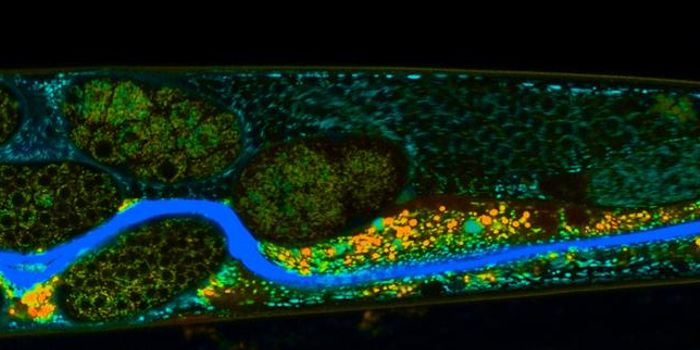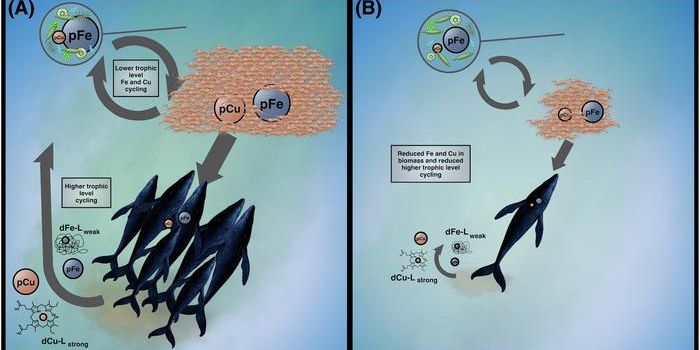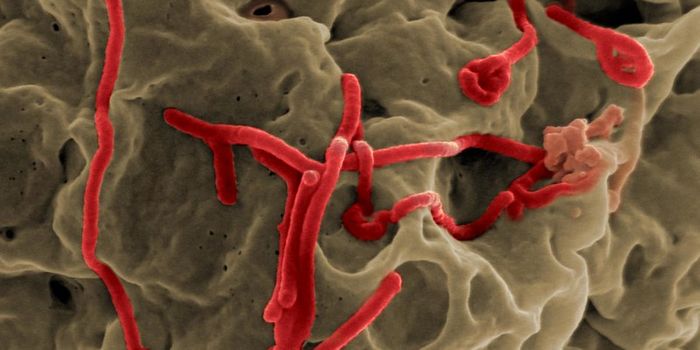Wolves on Pleasant Island, AK have a New Item on the Menu: Sea Otters
In 2013, a pack of wolves (Canis lupis) swam to Pleasant Island, located about 40 miles west of Juneau, Alaska. Once there, the wolves subsequently depleted their main food source: deer. Surprisingly, the wolves did not leave the island in search of new food, instead opting to change the menu.
In a new study led by Gretchen Roffler of the Alaska Department of Fish and Game and Oregon State University, results suggest that wolves started hunting and eating sea otters (Enhydra lutris) when deer became unavailable. The research team has been tracking the pack since 2015 in an effort to reveal how the wolves adapted to eat the otters.
Using DNA analysis of wolf scat, it was suggested that between 2015 and 2020 the consumption of deer dropped from 75% of the pack’s diet, to about 7%. Conversely, sea otter consumption rose from 25% to 57% (the remaining 64% of the wolf’s diet was made up of other sea creatures). GPS collar data collected from the wolves showed that they were not leaving the island to hunt elsewhere and that their hunting normally took place at the shoreline, supporting the theory that the wolves were hunting and consuming otters on the island.
Eating sea otters is not entirely new behavior as previous reports have shown that wolves ate sea otters who might have died and then washed onto shore. The idea that they are hunting them, however, is relatively novel. In an interview, Roffler said that the wolves were stalking and hunting the otters, and then bringing them higher onto land to consume them. This behavior must have been learned and adapted quickly, given how widespread it appears to be within the pack.
When the wolves depleted the deer population, scientists would have expected them to leave the island or die off themselves, but they didn’t. The research team speculates that sea otters are coming ashore more often, likely due to an increase in storms at sea and/or marine predators. In turn, this could give the wolves greater access to sea otters. A report from January 2021 reported on the first instances of this behavior, which at the time was extremely unexpected.
Wolf and sea otter habitats have not overlapped in the last 200 years due to the fur trade in the 19th and 20th centuries which wiped out sea otter populations. So, the reintroduction of sea otter populations—combined with the depletion of the deer population—likely served as the impetus for the dietary switch.
The research has now expanded into other study sites including Katmai National Park and Preserve, about 700 miles from Pleasant Island. Early reports from that site indicate that wolves are consuming otters there, too.
In some ways, perhaps, scientists have speculated that the inclusion of sea otters in wolf diets is actually restoring the ancient balance between the land and sea. It might be the case that this behavior had previously existed, and was then altered by human occupation.
Sources: PNAS, Oregon State University, Live Science, Ecosphere, Smithsonian Magazine, Science, New Scientist









